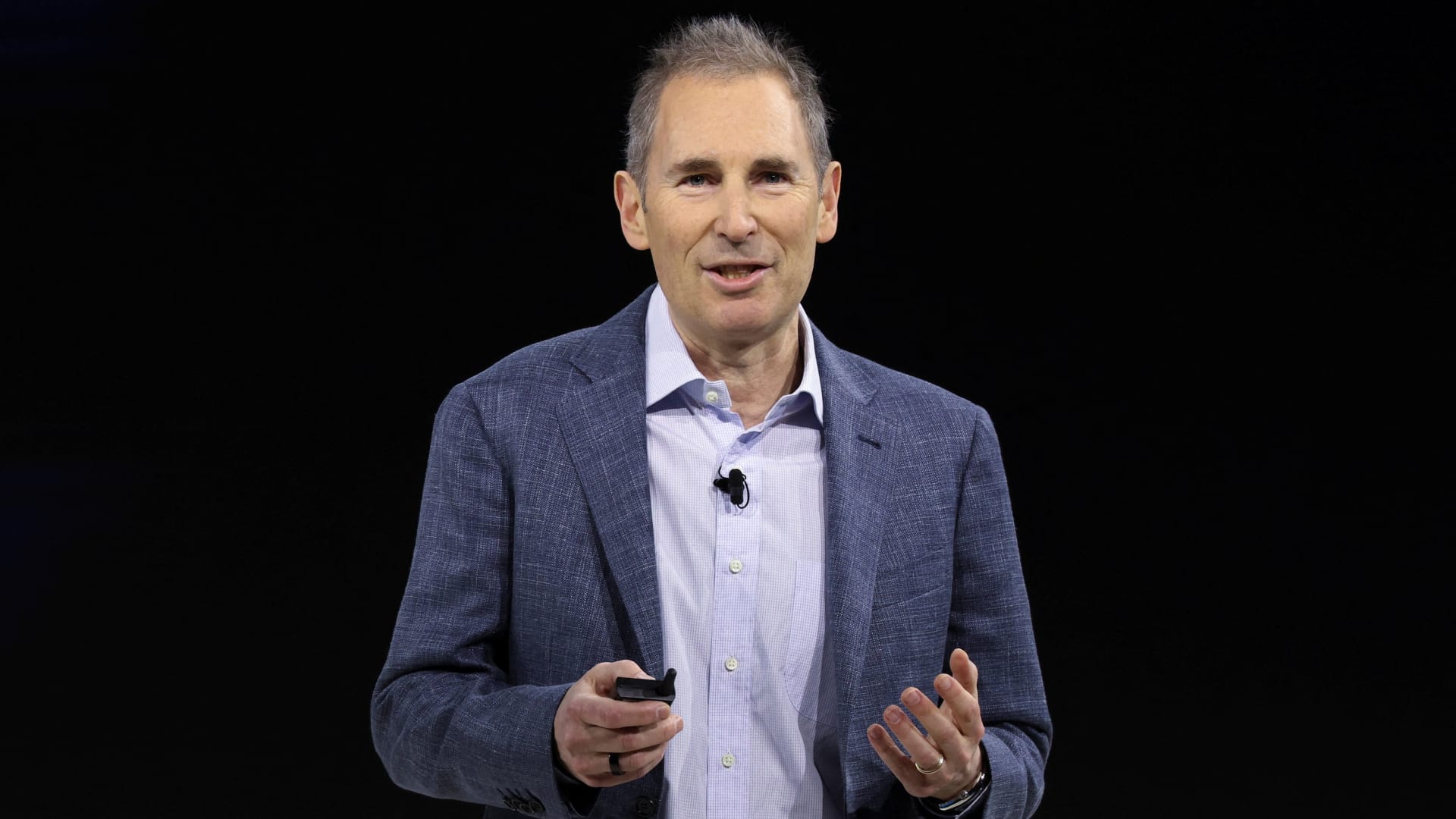Amazon’s Andy Jassy Predicts Consumer Impact from Rising Tariffs
Amazon CEO Andy Jassy warned this week that escalating tariffs could force sellers to pass additional costs onto consumers, potentially reshaping retail pricing and spending habits. Speaking at a corporate event on Tuesday, Jassy highlighted how global trade policies might soon hit household budgets, particularly for imported goods sold through e-commerce platforms. Economists suggest the ripple effects could emerge as early as Q4 2024.
Why Tariffs Could Reshape Retail Economics
The Biden administration’s recent tariff hikes—including 25% levies on Chinese steel and aluminum and 50% on solar components—have sparked debate about their downstream effects. Amazon, which hosts 2 million third-party sellers globally, serves as a bellwether for consumer price trends. Jassy noted that 60% of merchandise sold on Amazon comes from independent sellers, many of whom rely on international supply chains.
“When tariffs increase operational costs by 15-20%, most small businesses have no choice but to adjust pricing,” explained Dr. Lila Chen, a trade economist at Georgetown University. “Unlike multinational corporations, they lack the scale to absorb these shocks.”
Recent data underscores the concern:
- The Peterson Institute estimates current tariffs add $1,300 annually to average household expenses
- E-commerce inflation has outpaced general CPI by 2.3% over the past 18 months
- 58% of Amazon sellers report profit margins below 10%, leaving minimal buffer
How Consumers Might Feel the Pinch
Jassy’s warning reflects broader anxieties about stagflation. While Amazon hasn’t disclosed specific price adjustments, analysts predict these three categories will see immediate impacts:
- Electronics: Smartphones and accessories face 7-12% potential markup
- Home Goods: Furniture and textiles may rise 5-9% by holiday season
- Automotive Parts: Replacement components could jump 15% due to steel tariffs
“This isn’t just about Amazon—it’s about the entire digital marketplace ecosystem,” cautioned retail analyst Mark Russo. “When fulfillment costs increase, even brick-and-mortar stores must adjust to remain competitive.”
Divergent Views on Trade Policy Effects
Proponents argue tariffs protect domestic industries and jobs. The Alliance for American Manufacturing claims recent measures have boosted U.S. factory output by 6.2% in targeted sectors. However, Federal Reserve research contradicts this, showing tariff-related job gains being offset by losses in downstream industries.
Small business owner Priya Kapoor illustrates the dilemma: “My handmade candle business uses imported essential oils. The new 18% duty means raising prices or cutting quality—neither option helps customers.”
Strategic Responses from Retailers and Shoppers
Major platforms are exploring mitigation strategies:
- Amazon’s “Fulfillment by Amazon” program may subsidize some tariff costs for Prime sellers
- Walmart is accelerating its “Made in USA” supplier initiative
- Target has reportedly renegotiated 300+ vendor contracts to lock in prices
Shoppers can employ these protective measures:
- Monitor price history tools like CamelCamelCamel
- Shift purchases to tariff-exempt categories when possible
- Leverage subscription services to lock current rates
The Long-Term Outlook for E-Commerce
Industry observers suggest this could accelerate three trends:
- Reshoring of manufacturing for critical goods
- Growth of alternative marketplaces in low-tariff regions
- Increased adoption of AI-driven dynamic pricing models
As Jassy noted, “The companies that survive will be those that reinvent their supply chains, not just those that raise prices.” The coming months will test whether retailers can innovate fast enough to spare consumers the full brunt of these economic shifts.
For consumers concerned about budget impacts, signing up for price-drop alerts and exploring local alternatives may provide temporary relief. The full consequences will become clearer as holiday inventory orders are finalized in the coming weeks.
See more Business Focus Insider Team

